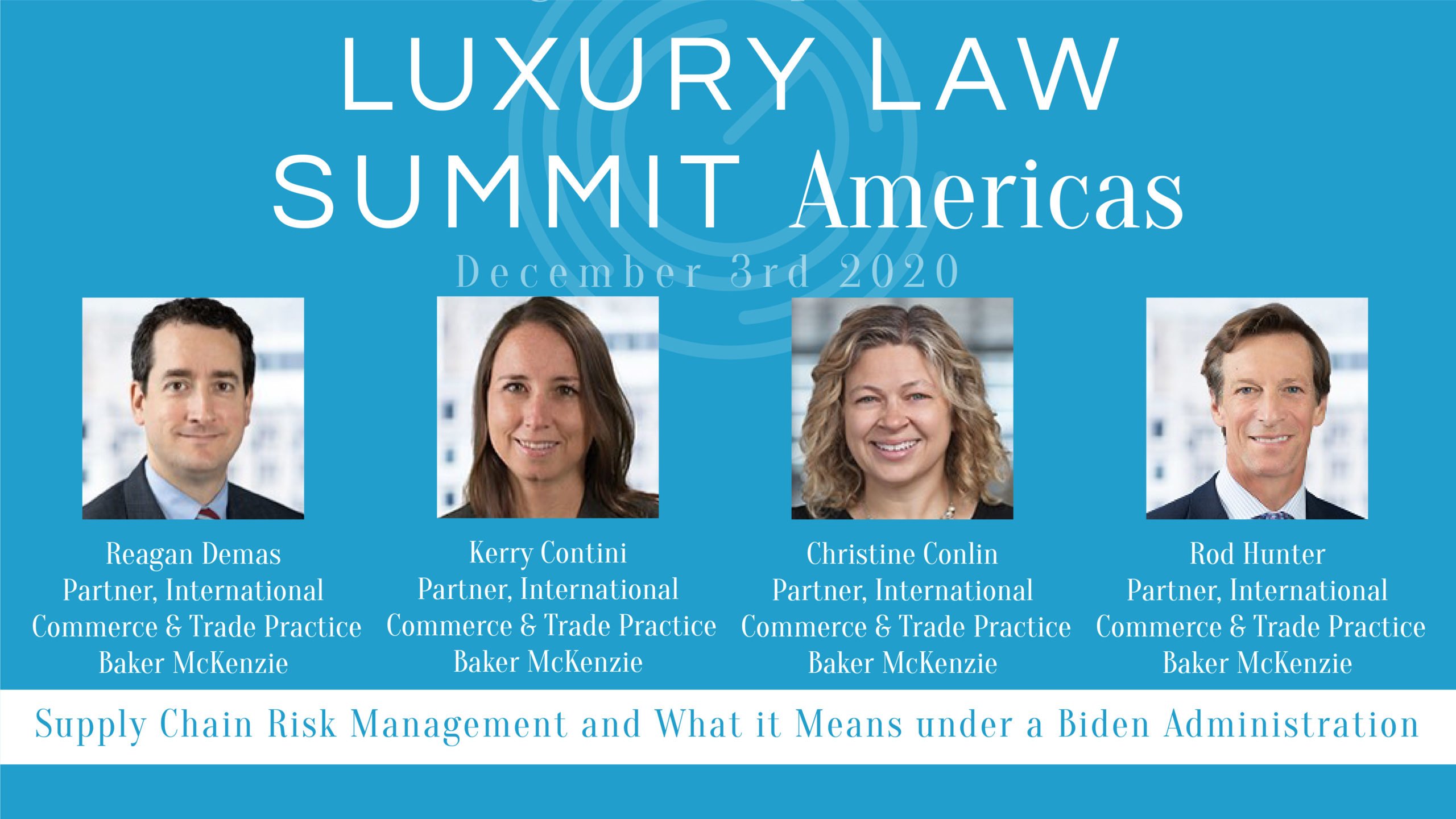On November 29, 2020, Swiss voters opted for the introduction of EU-style ESG reporting and due diligence requirements and against the so-called Responsible Business Initiative. While the initiative would have added teeth to the civil liability regime for the violation of international human rights and environmental standards across the supply chain, the substantive requirements regarding ESG reporting and due diligence across the extended enterprise are not any lighter under the chosen approach. We expect that…
Although good practices related to Environmental, Social and Corporate Governance (ESG) have caught the attention of consumers and public opinion over the past few years, the ongoing Coronavirus pandemic has certainly pushed that trend forward. Throughout the course of the public health crisis, we have seen consumers demanding that companies implement sustainable practices in their business operations, including those related to environmental sustainability, labor and workplace safety, and human rights. In Latin America specifically, this…
Please join the Baker McKenzie team on Thursday, December 3 for a workshop on Supply Chain Risk Management and What It Means Under a Biden Administration. The discussion, slated to start at 12:10pm ET, will be part of the Luxury Law Summit. Baker McKenzie experts will address risk management in the supply chain with a focus on: Supplier risk and relationship managementGrowing risk under a Democratic administrationExport controls and sanctions risks in the supply chain lifecycle,…
Yesterday U.S. Customs and Border Protection (CBP) issued its first finding of forced labor in 24 years (Finding) against importation into the United States of certain goods from a Chinese company. The Finding was made pursuant to 19 U.S.C. 1307, which prohibits the importation of merchandise mined, manufactured, or produced, wholly or in part, by forced labor, including convict labor, forced child labor, and indentured labor. Building upon the withhold release order issued in May…
As companies increase their environmental, social and governance (ESG) reporting and statements in response to market and shareholder demands, plaintiffs have pursued with growing success legal challenges to company claims and disclosures related to ESG performance. Similarly, inventive theories are being put forward to directly attack companies for alleged ESG-related performance and operational deficiencies. In both arenas, there has been a recent growth in efforts to hold companies accountable for supplier misconduct. The expanding growing misstatement and performance litigation…
Many companies conduct audits of suppliers for compliance with applicable laws, including laws regulating forced labor, trafficking, underage labor, worker safety, and related human rights matters. But what are the key legal considerations in conducting supplier compliance audits, and what is the best practice for doing so?
Overview On July 20, 2020, Republican Senator Josh Hawley of Missouri introduced the Slave-Free Business Certification Act (“the Act”). If passed, the Act would require every “covered business entity” — defined as any issuer under section 2(a) of the Securities Act of 1933 that has annual, world-wide gross receipts of $500 million — to audit and report on instances of forced labor in their supply chains. Companies that deliberately violate the Act could be liable…
Financial regulatory and enforcement momentum focusing on environmental, social and governance (“ESG”) issues is building up from recent activities by US, EU and UK financial regulators. As a result, we anticipate that asset managers and financial intermediaries will increasingly seek to obtain and analyze ESG-related data and information from companies in which they directly or indirectly invest. The companies themselves, particularly publicly traded companies, will be expected to provide more ESG-related disclosure. As a result,…
Corruption and sourcing-related human rights risks are top of mind for many companies, and for good reasons. Both risk categories potentially carry substantial legal and PR risks and can be outside of a company’s direct control to the extent they are implicated by the conduct of third parties. However, corruption and responsible sourcing risks are often managed by different corporate functions. Corruption risks traditionally fall under the ambit of the legal/compliance department, whereas responsible sourcing…
Baker McKenzie partners Peter Tomczak and William “Widge” Devaney both have extensive experience in corporate anti-corruption matters, and often interface with boards on compliance related topics. As such, they’ve seen how ESG concerns have trickled up to the board, and how overlaps with anti-corruption mean ethics and compliance professionals in particular are well-suited to support new ESG requirements. They discussed these developments in an interview with Ethisphere editor Tyler Lawrence. As Peter Tomczak noted, the clear…







